Science & Society

Educators and Parents, Sign Up for The Cheat Sheet
Weekly updates to help you use Science News Explores in the learning environment
Thank you for signing up!
There was a problem signing you up.
-
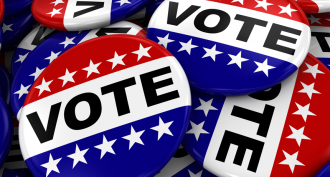 Science & Society
Science & SocietyHow computers get out the vote
Increasingly computers play a role in voting. Here’s why that concerns scientists, even as they acknowledge that computers may be increasingly essential.
-
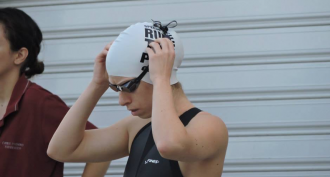 Science & Society
Science & SocietyWomen in science are living life by the numbers
These women show that math, physics and technology are definitely a girl thing.
-
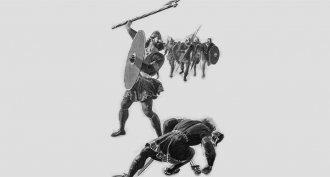 Humans
HumansBig Viking families got away with murder
The most deadly Vikings came from families that were big enough to discourage revenge.
By Bruce Bower -
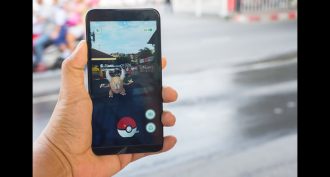 Science & Society
Science & SocietyPokémon no! Playing the popular game while driving is risky
Dangerous moves: Over a recent 10-day period, tens of thousands of people were playing Pokémon Go while driving — and tweeting about it.
-
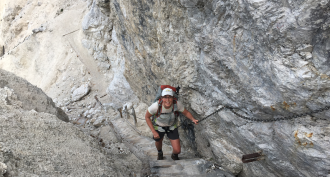 Science & Society
Science & SocietyWomen in science study earth and sky
These scientists rock. Meet scientists who study snowstorms, earthquakes, fossils and more.
-
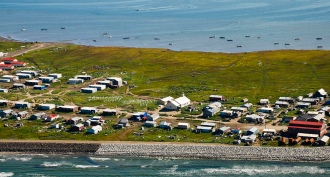 Science & Society
Science & SocietyWarming turns Alaskan villagers into climate migrants
Arctic warming is causing such severe erosion that an Alaskan coastal village has voted to abandon its shrinking island.
-
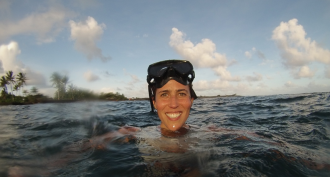 Science & Society
Science & SocietyWomen in ecology, from forests to the sea
These women study everything from the fish in the sea to the bugs on the land, and how all parts of an ecosystem come together.
-
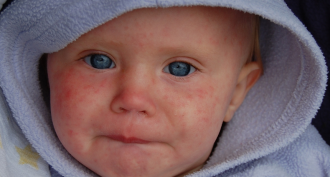 Health & Medicine
Health & MedicineMeasles in the Americas: Going, going — gone!
The Americas have at last shed a major childhood scourge: measles. The viral infection used to kill hundreds of children each year. Now the hemisphere only sees cases spread by travelers.
By Meghan Rosen -
 Tech
TechOne day, computers may decode your dreams
Scientists are learning how to translate brain activity into words and thoughts. This may one day allow people to control devices with their minds.
-
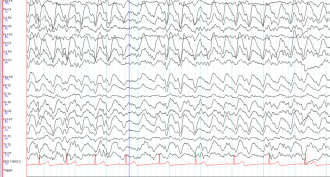 Brain
BrainExplainer: How to read brain activity
Electricity underlies the chattering of brain cells. Here’s how scientists eavesdrop on those conversations.
-
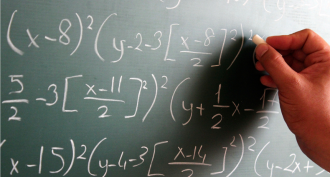 Science & Society
Science & SocietyScientists Say: Stereotype
This is a belief or explanation for something. But when beliefs get overly simplified, they may no longer be true.
-
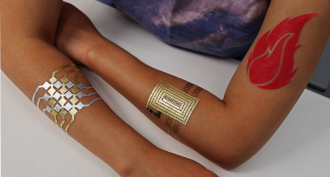 Computing
ComputingSelf-designed tattoos are fashionable technology
Researchers have created do-it-yourself temporary tattoos. They’re a fashion-forward way to control electronic devices.